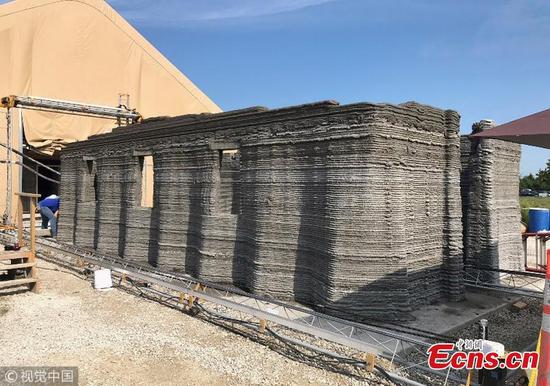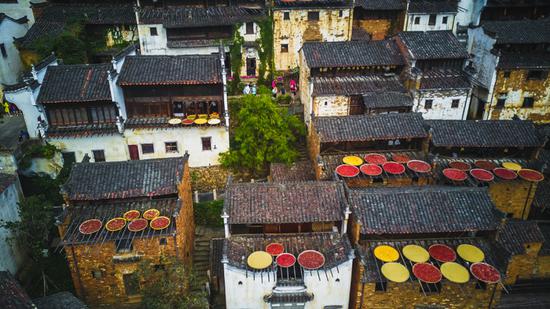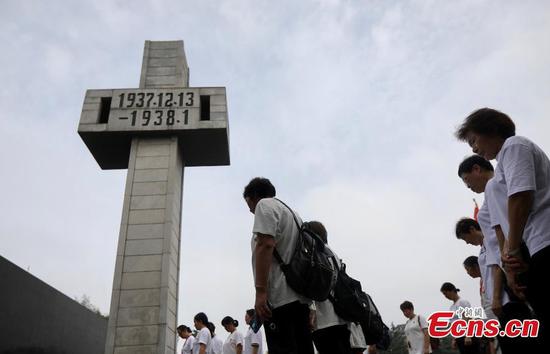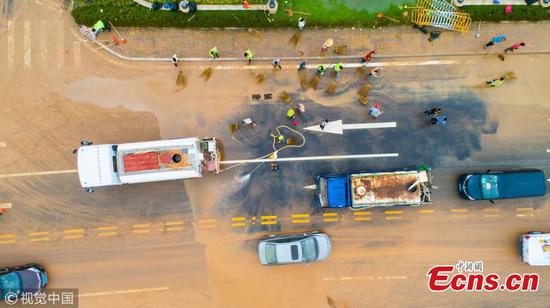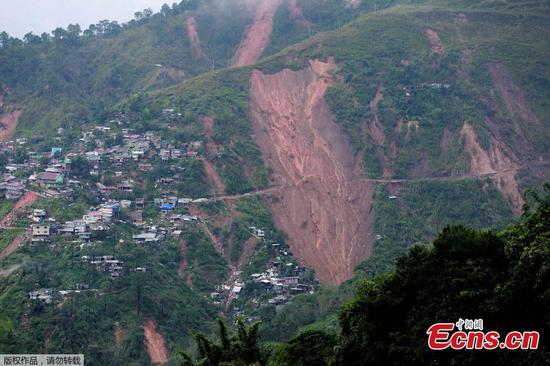This month alone, as many as 10 people lost their lives in India while cleaning human waste manually.
And six such deaths were reported from the national capital only -- mostly due to no gear to protect them from poisonous fumes of the sewage.
Although it is prohibited by law, manual scavenging -- the practice of cleaning human waste by low-caste communities -- continues in India and so are the deaths.
Since January last year, one person has died every five days, on an average, while cleaning sewers and septic tanks across India, according to figures released by the National Commission for Safai Karamcharis, a statutory body for the welfare of sanitation workers.
In the past one year and nine months, some 123 manual scavengers lost their lives at work in India, the data has revealed.
Activists, however, claim the data is under-estimation of the deaths as it only collated figures from media reports and 13 Indian states and central government-controlled territories.
In reality, the figures could be much higher, say activists.
Even the Commission agrees. "We have repeatedly asked states to identity those involved in these jobs but the states deny the existence of manual scavenging as the practice is banned under law," head of the Commission, Manhar Valjibhai Zala, told media.
Though figures estimate 300,000 manual scavengers in India, unofficial data put the number at over 1 million. Other government departments also employ them, such as the state-owned Indian Railways that makes them clean tracks as most trains have open-discharge toilets.
Workers, however, say they are left with no option but to continue cleaning sewers, a family tradition, because of lack of expertise to look for other jobs.
"Scooping out sludge with bare hands, unblocking the city's sewer lines are not an easy task but we don't have skills for other jobs. This is the only way to earn our livelihood. We hope our children venture into skilled work," Rehman Ali, a local sanitation worker, said Wednesday.
Not only is manual scavenging a low-paid job, but comes with life risk. "Moreover, in case of any mishap, there is nothing that our families can bank upon for their future. So, taking all risks, we do our jobs diligently to keep the city clean," he added.
In 2014, India's Supreme Court ruled that the families of those who died while working in sewers since 1993 should be given around 15,000 U.S. dollars each as compensation.
But according to Zala, since most Indian states don't acknowledge the presence of manual scavengers, they hardly pay compensation when a worker dies.
Not to mention that social media users recently came together to raise funds for the family of a sewer worker, who suffocated to death at work in Delhi, when they came across a photo of the 37-year-old's sobbing son standing next to his corpse with no money for his cremation.
"Let the government do something for us and we will do some decent job," Ali said.











